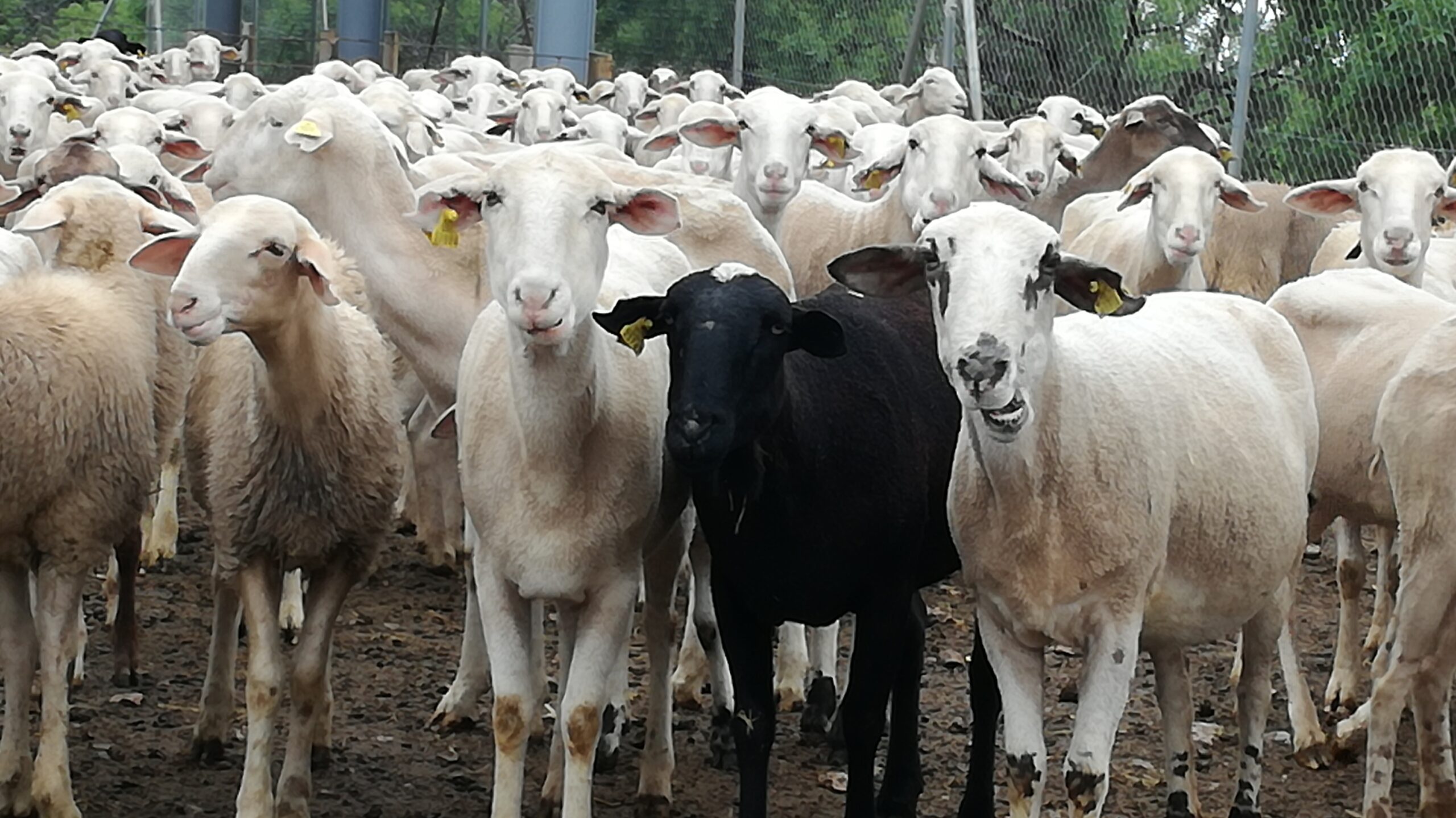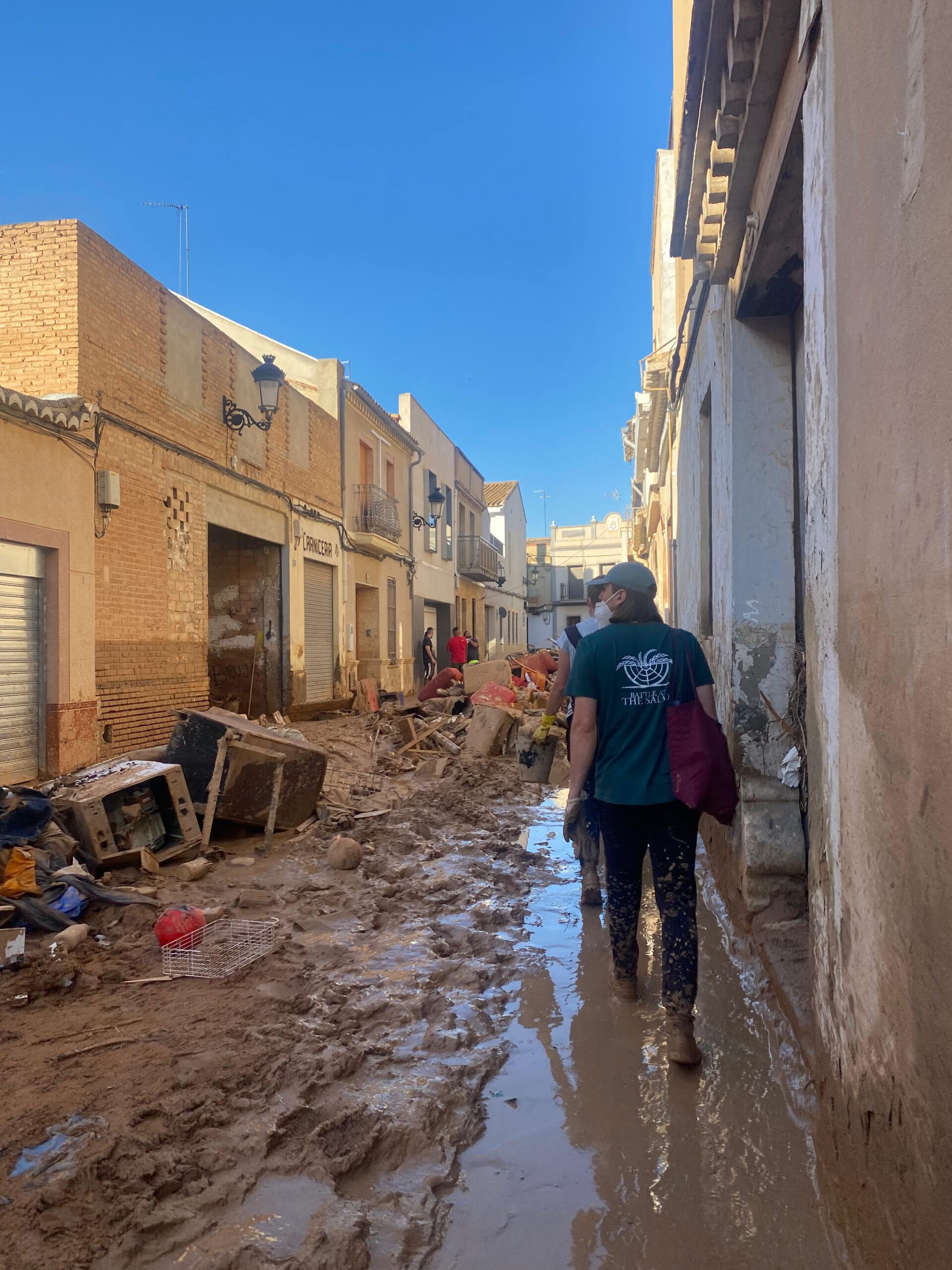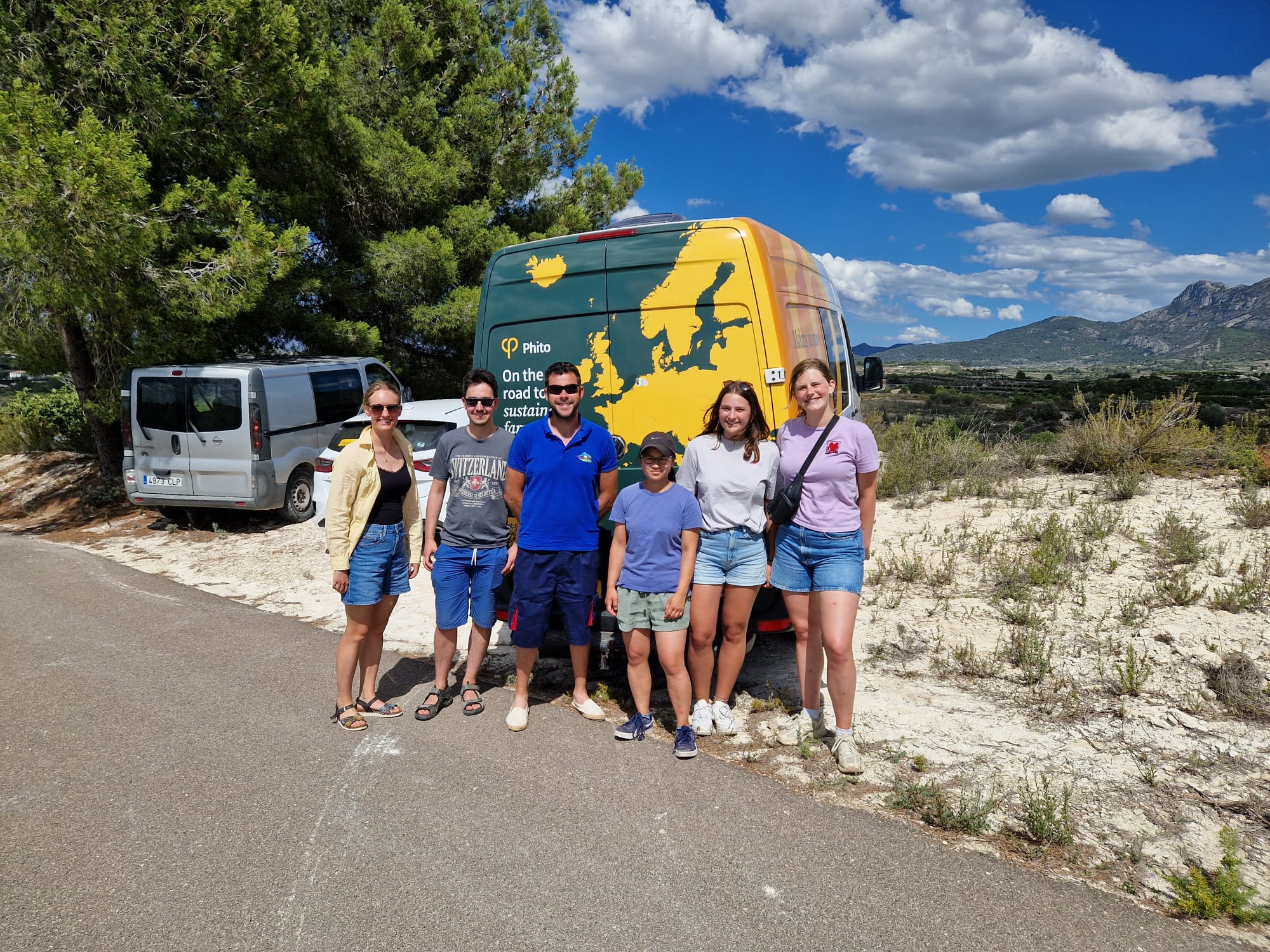Sheep farming in the northern Spanish province of Huesca is slowly dying out. The number of sheep has approximately halved between 2005 and 2019. About 15 percent of the pastures have been abandoned and are now gradually becoming forested, causing the ‘sheep landscape’ with its typical vegetation and insects to disappear. Schools, shops, and other facilities in the remote villages are also disappearing.
Accererate
This gradual development can accelerate in the coming years, says Paas in an article in Ecological Indicators. Current sheep farming is not very profitable. The farmers tend between 200 and 1000 sheep and sell them for meat, but meat prices are low and herd extension is no option. Farmers are also struggling with increasing drought. The only thing that keeps the sheep farms going is the EU subsidy of about 24 euros per sheep per year. Extensive sheep farming is about to collapse, according to stakeholders in the area.
Alternatives
Are there alternatives? One of the options for the farmers is to become more intensive. They can keep more sheep per hectare, purchase animal feed and provide more meat per lamb with a breeding program. That seems technically feasible, but this scenario is less sustainable, does not fit well with the EU’s Farm to Fork strategy and therefore EU subsidies are at stake.
GPS
The second option is to maintain extensive sheep farming with technological support. In addition, GPS trackers and electronic fences must compensate for the lack of shepherds. These are extra costs, so the sheep farmers must negotiate a better price for their lamb through local chains. This technologically extensive system fits better with the Farm to Fork strategy, but also requires a high investment.
There are no easy solutions, Paas notes. Doing nothing is no option, so the sheep farmers have to make a choice in the near future.
Potato
The research in Huesca fits into a broad research program into the sustainability and resilience of agricultural systems in Europe. In this context, other researchers are investigating, among other things, potato and sugar beet cultivation in the Veenkoloniën, the dairy sector in Flanders and the production of hazelnuts in Italy.

 Photo Wim Paas
Photo Wim Paas 

